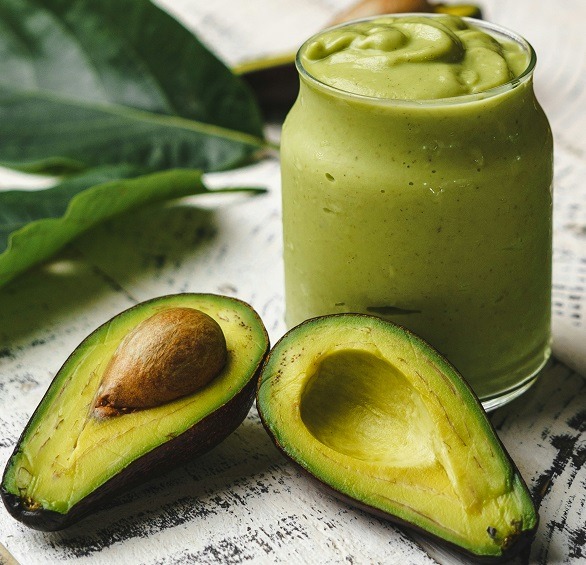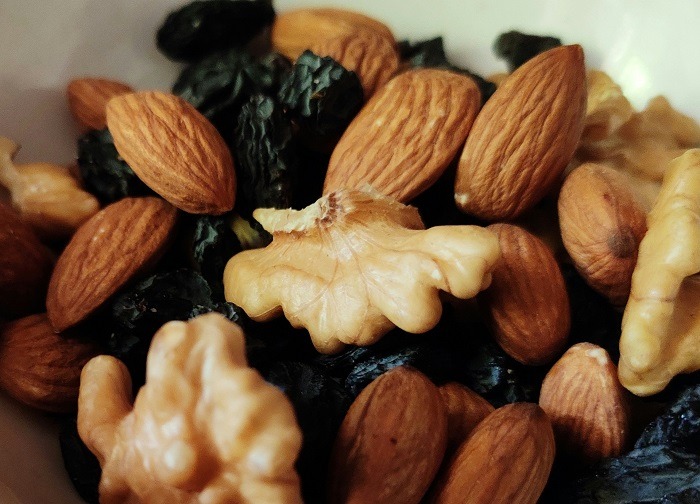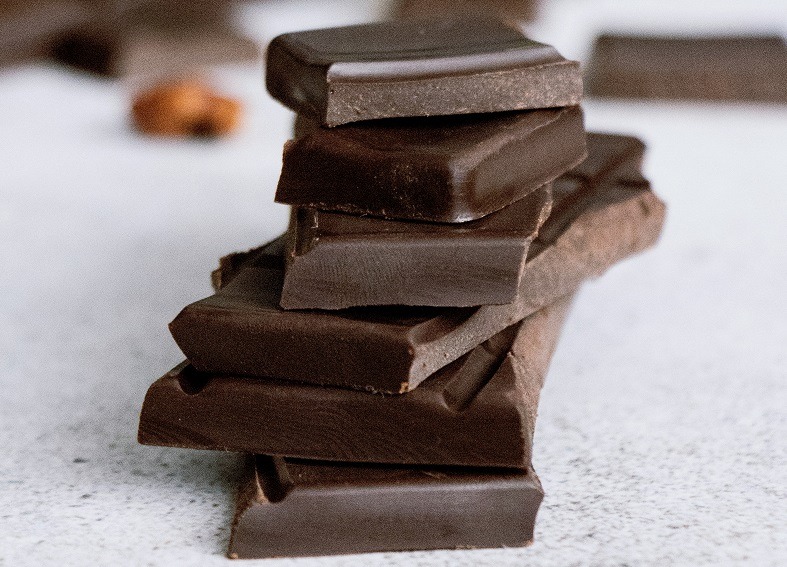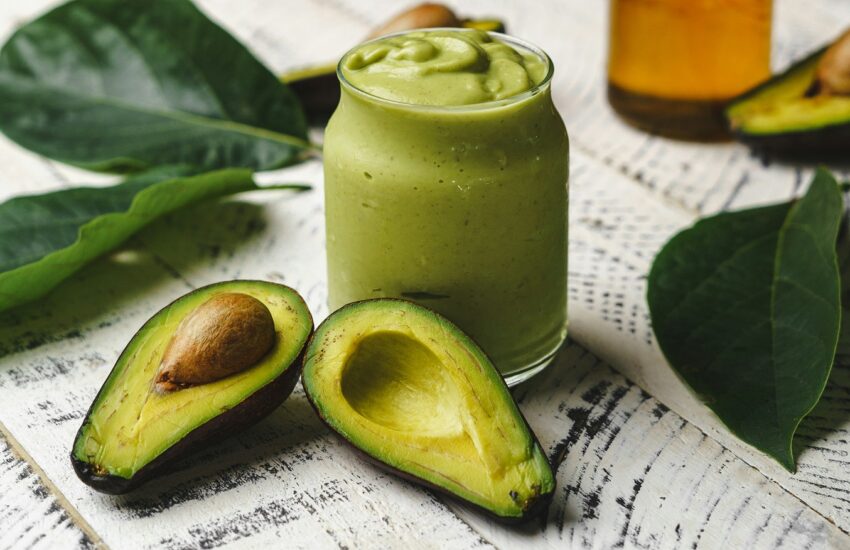Healthy fats are types of dietary fats that are beneficial for overall health when consumed in appropriate amounts as part of a balanced diet. They are essential for various bodily functions and offer several health benefits. Here’s an extensive exploration of 15 healthy fat foods by Mohit Tandon Burr Ridge:
Avocado:
Avocados are renowned for their creamy texture and rich, nutty flavor. They are packed with healthy monounsaturated fats, primarily oleic acid, which is beneficial for heart health. Avocados also provide fiber, vitamins (such as vitamin K, vitamin E, and B vitamins), and minerals (including potassium and magnesium). They are versatile and can be enjoyed in salads, sandwiches, smoothies, or simply mashed on toast.

Olive Oil:
Olive oil is a cornerstone of the Mediterranean diet and is celebrated for its numerous health benefits. It is predominantly composed of monounsaturated fats, particularly oleic acid, which has been linked to reduced inflammation and improved heart health. Olive oil is rich in antioxidants, such as polyphenols, which help protect cells from oxidative stress. It is commonly used in cooking, salad dressings, and dips, adding a distinctive flavor and nutritional boost to dishes. – Mohit Tandon Burr Ridge

Nuts (Almonds, Walnuts, Pecans, etc.):
Nuts are nutrient-dense foods packed with healthy fats, protein, fiber, vitamins, and minerals. Almonds, for instance, are rich in monounsaturated fats and provide vitamin E, magnesium, and calcium. Walnuts are known for their omega-3 fatty acids, which support brain health and reduce inflammation. Pecans offer a unique flavor along with vitamins A and E, as well as zinc. Nuts are excellent as a snack on their own, added to salads, or incorporated into baked goods for a crunchy texture and nutritional boost.

Seeds (Chia Seeds, Flaxseeds, Hemp Seeds, etc.):
Seeds are nutritional powerhouses rich in healthy fats, particularly omega-3 fatty acids in the case of flaxseeds and chia seeds. Chia seeds, in addition to omega-3s, provide fiber and protein, making them beneficial for digestive health and satiety. Flaxseeds are also high in fiber and lignans, which have antioxidant properties. Hemp seeds are a complete source of protein and contain a balanced ratio of omega-3 to omega-6 fatty acids. Seeds can be sprinkled on yogurt, oatmeal, or salads, or incorporated into smoothies and baked goods for added nutrition.
Fatty Fish (Salmon, Mackerel, Sardines, etc.):
Fatty fish are excellent sources of omega-3 fatty acids, specifically EPA (eicosapentaenoic acid) and DHA (docosahexaenoic acid), which are crucial for brain health, heart health, and reducing inflammation. Salmon, mackerel, sardines, and trout are rich in these beneficial fats and also provide high-quality protein, vitamins (such as vitamin D), and minerals (including selenium and iodine). Consuming fatty fish regularly is associated with a reduced risk of heart disease and improved cognitive function. – Mohit Tandon Burr Ridge
Coconut and Coconut Oil:
Coconut and coconut oil are unique sources of healthy fats, primarily medium-chain triglycerides (MCTs), which are metabolized differently in the body compared to other fats. MCTs are quickly converted into energy and may support weight management by increasing satiety and boosting metabolism. Coconut oil also contains lauric acid, which has antimicrobial properties. It can be used for cooking, baking, or added to smoothies for a tropical flavor and health benefits.

Dark Chocolate:
Dark chocolate with a high cocoa content (70% or more) is a decadent treat that also offers health benefits due to its content of monounsaturated fats, specifically oleic acid. It is rich in antioxidants, such as flavonoids and polyphenols, which help protect cells from damage caused by free radicals. Consuming dark chocolate in moderation has been associated with improved heart health, reduced inflammation, and enhanced mood due to its ability to stimulate endorphin release.

Soybeans and Soy Products (Tofu, Edamame, Tempeh):
Soybeans and soy-based products are plant-based sources of healthy fats, predominantly polyunsaturated fats, including omega-3 and omega-6 fatty acids. Tofu, edamame, and tempeh are versatile soy products that provide protein, fiber, vitamins (such as vitamin K and folate), and minerals (including iron and calcium). They are popular in vegetarian and vegan diets and can be used in stir-fries, salads, soups, and as meat alternatives.
Olives:
Olives and olive oil are integral components of the Mediterranean diet, known for their health-promoting properties. They are rich in monounsaturated fats, particularly oleic acid, which supports heart health by reducing LDL (bad) cholesterol levels and improving overall cholesterol balance. It also contain antioxidants, such as polyphenols, which have anti-inflammatory and antimicrobial effects. They are enjoyed as a snack, in salads, or as a flavor enhancer in various dishes.
Flaxseed Oil:
Flaxseed oil is a concentrated source of alpha-linolenic acid (ALA), an omega-3 fatty acid that is essential for health. It is beneficial for heart health, reducing inflammation, and supporting brain function. Flaxseed oil should be used cold, such as in salad dressings or added to smoothies, to preserve its nutritional integrity and prevent oxidation.
Nut Butters (Almond Butter, Cashew Butter, etc.):
Nut butters, such as almond butter and cashew butter, provide healthy fats, protein, fiber, and essential nutrients found in nuts. They are excellent alternatives to peanut butter for those with allergies or seeking variety. Nut butters can be spread on toast, mixed into oatmeal, added to smoothies, or used as dips for fruits and vegetables, offering a creamy texture and satisfying flavor. – Mohit Tandon Burr Ridge
Eggs:
Eggs are a versatile source of healthy fats, including monounsaturated and polyunsaturated fats, as well as omega-3 fatty acids. The yolk contains most of the nutrients, including vitamin D, choline, and antioxidants lutein and zeaxanthin, which are beneficial for eye health. Eggs are a complete protein source and can be enjoyed in various dishes, such as omelets, salads, and baked goods, providing essential nutrients and healthy fats.
Avocado Oil:
Avocado oil is extracted from avocados and is rich in monounsaturated fats, particularly oleic acid, similar to the fruit itself. It also contains antioxidants, such as vitamin E, which support skin health and reduce oxidative stress in the body. Avocado oil has a high smoke point, making it suitable for cooking, sautéing, and grilling, while adding a mild, buttery flavor to dishes.
Full-Fat Dairy (Cheese, Yogurt, Milk):
Full-fat dairy products, such as cheese, yogurt, and milk, provide healthy fats, including saturated fats and conjugated linoleic acid (CLA), which may have potential health benefits. These products also supply protein, calcium, and other vitamins and minerals essential for bone health and overall well-being. When choosing dairy products, opt for varieties without added sugars and enjoy them in moderation as part of a balanced diet.
Dark Leafy Greens (Spinach, Kale, Swiss Chard):
Dark leafy greens are low in calories and carbohydrates but contain small amounts of healthy fats, primarily omega-3 fatty acids. They are also rich in vitamins (such as vitamin K, vitamin C, and folate) and minerals (including iron and calcium). Incorporating dark leafy greens into salads, smoothies, stir-fries, and soups adds nutritional value and promotes overall health and well-being.
Incorporating these 15 healthy fat foods into your diet can provide a range of health benefits, from supporting heart health and reducing inflammation to promoting brain function and enhancing overall well-being. Including a variety of these foods ensures a balanced intake of essential fats, vitamins, minerals, and antioxidants for optimal health.
